-
3 things I took away from the Lincolnshire Food Summit

Reflections by Laura Stratford, Food Partnership Coordinator At the end of last year, around 80 people who are involved in foodbanks and other kinds of food support gathered at The New Life Centre in Sleaford for the Lincolnshire Food Summit. We came to listen, to share, and to find ways to collaborate. From what you…
-
The Lincolnshire Food Summit 2023
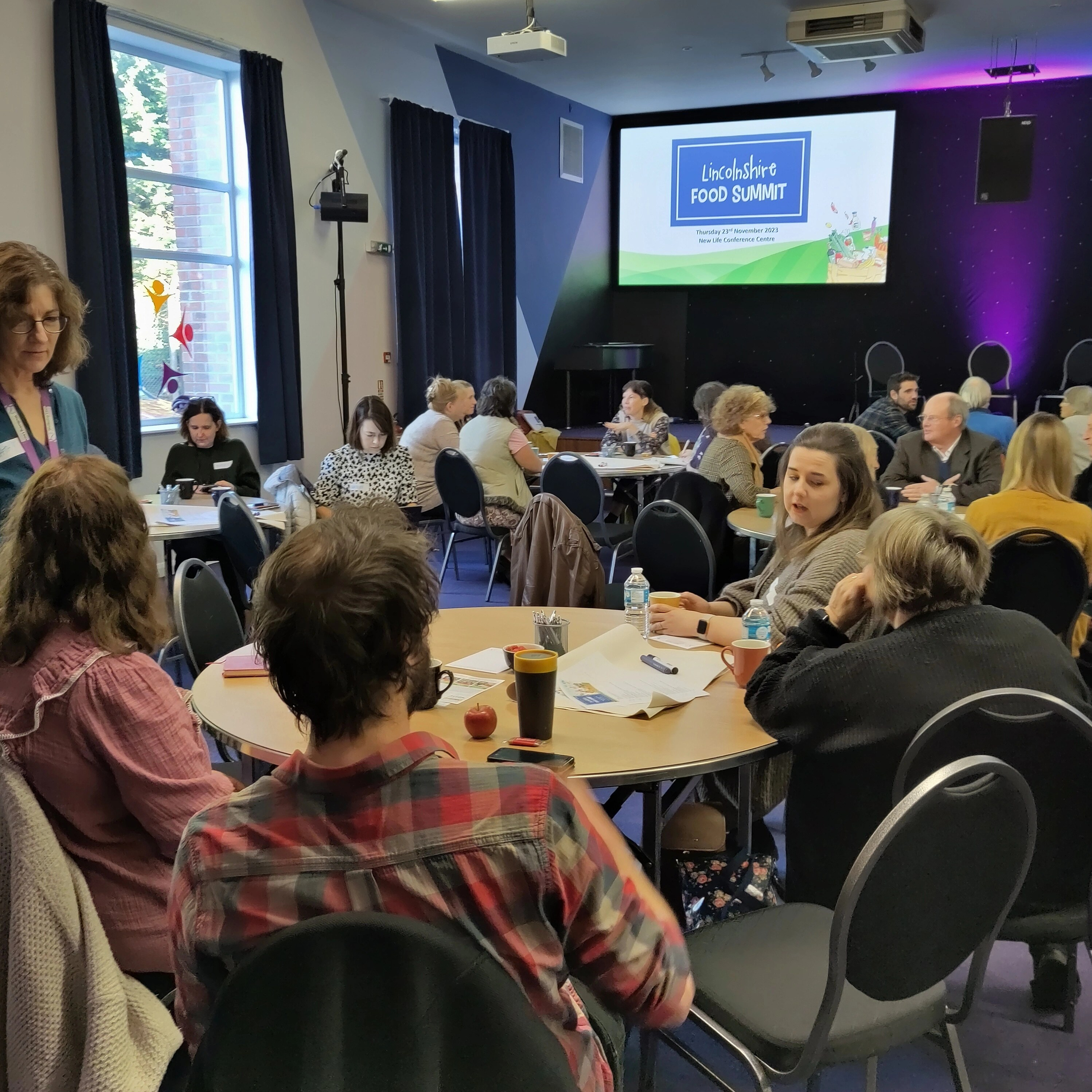
How do we ensure that everyone in our community has enough good food to eat? 80-odd people involved in foodbanks and community larders, -groceries, -cafes and more, got together on the 23rd November at the Lincolnshire Food Summit. It was an opportunity to develop local and collaborative responses to food challenges, in an economic context…
-
The Future of Food in the Fens – online event
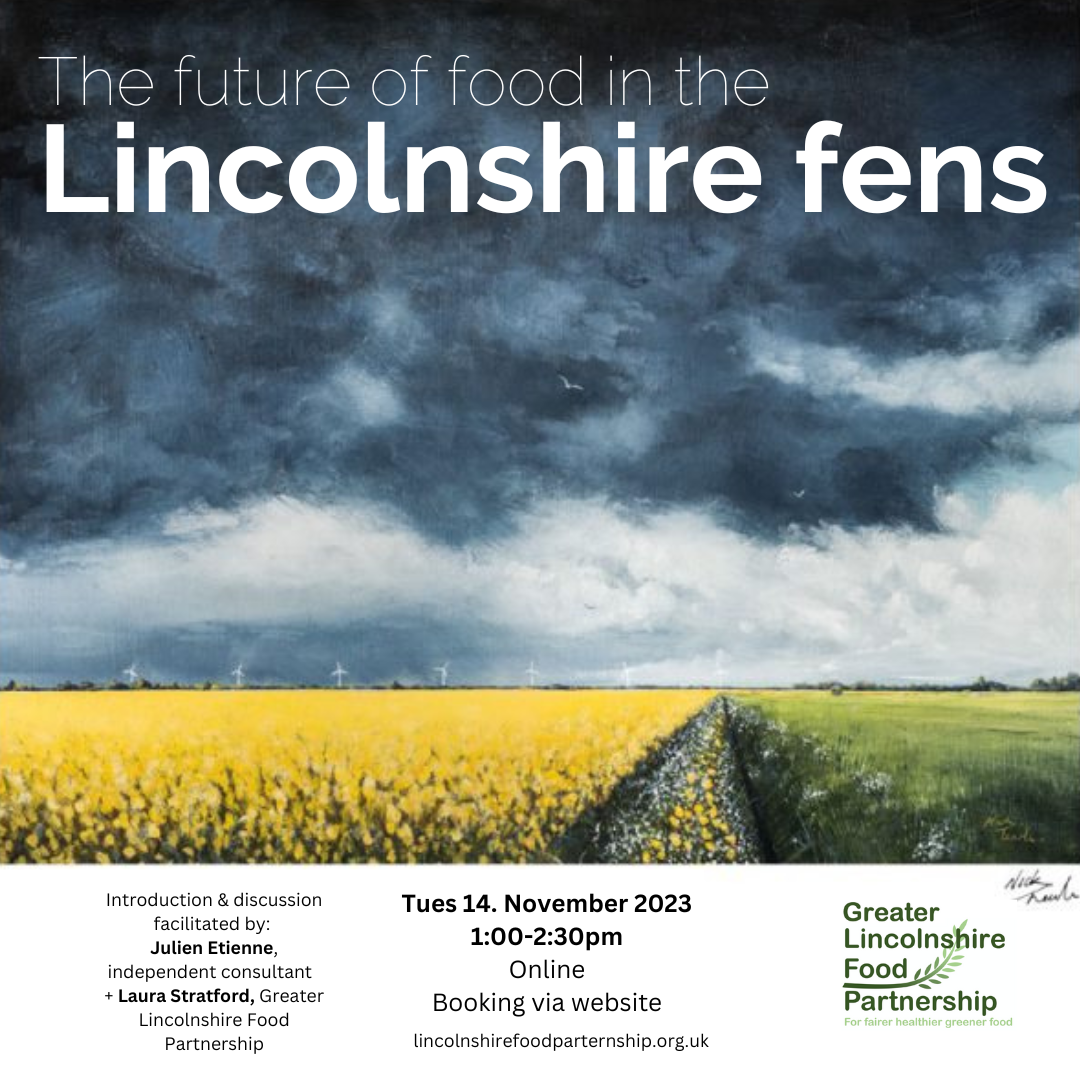
This online event explores a range of challenges that we will face in relation to food production on the Grade 1 land of the Lincolnshire Fens, including transport, flooding, climate change, policy, infrastructure, biodiversity and more. Participants will have the opportunity to ask questions, contribute to discussions and will be prompted to reflect on a…
-
Lincolnshire Food Summit 2023
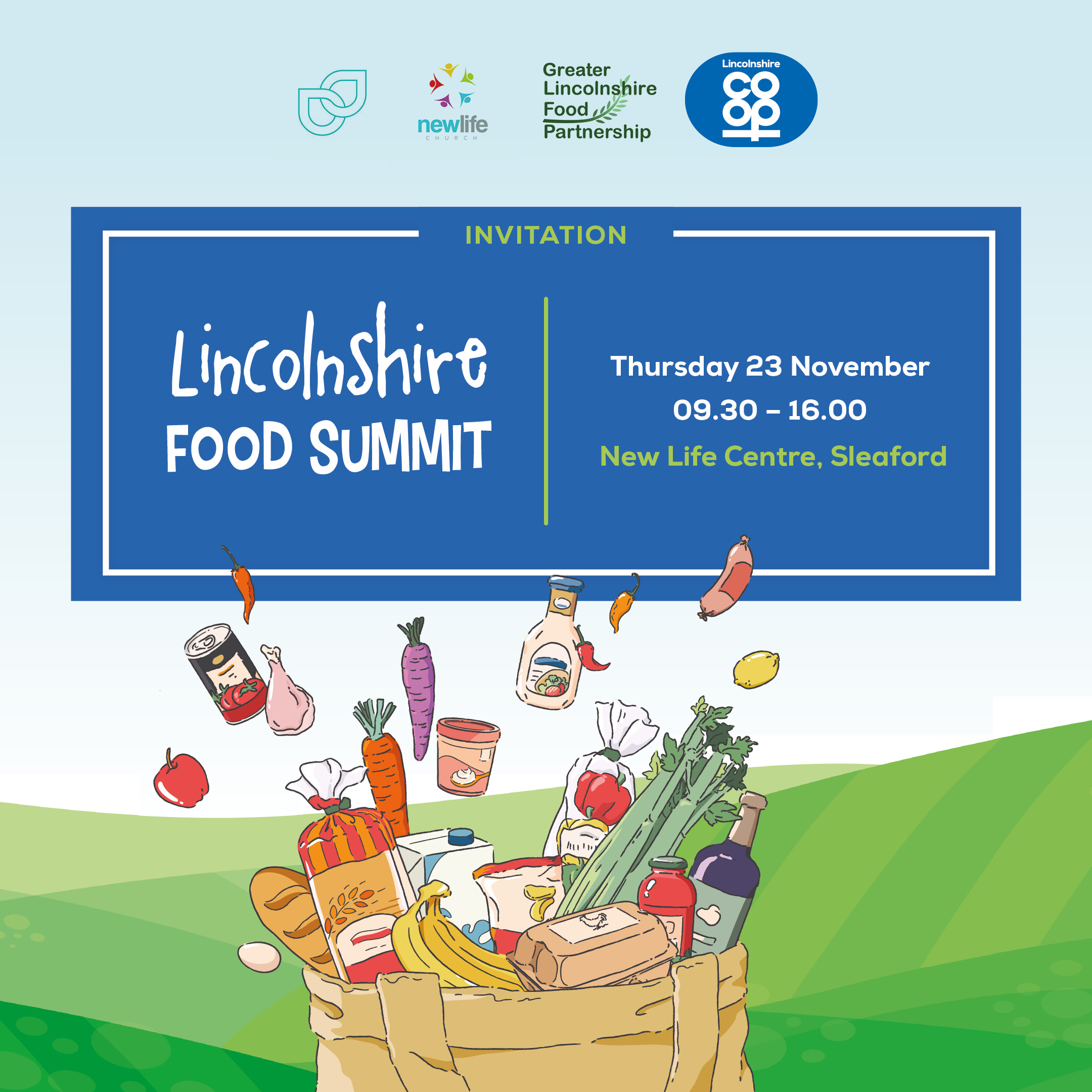
This food summit aims to bring together Foodbanks, Community Groceries and organisations offering Food Support across Greater Lincolnshire to share ideas, best practice and develop solutions. As we all face the difficulty of sourcing food and supporting our communities we hope to support each other in finding solutions and collaborating. The day will focus on…
-
Celebrating the Good Food Movement in Lincolnshire:
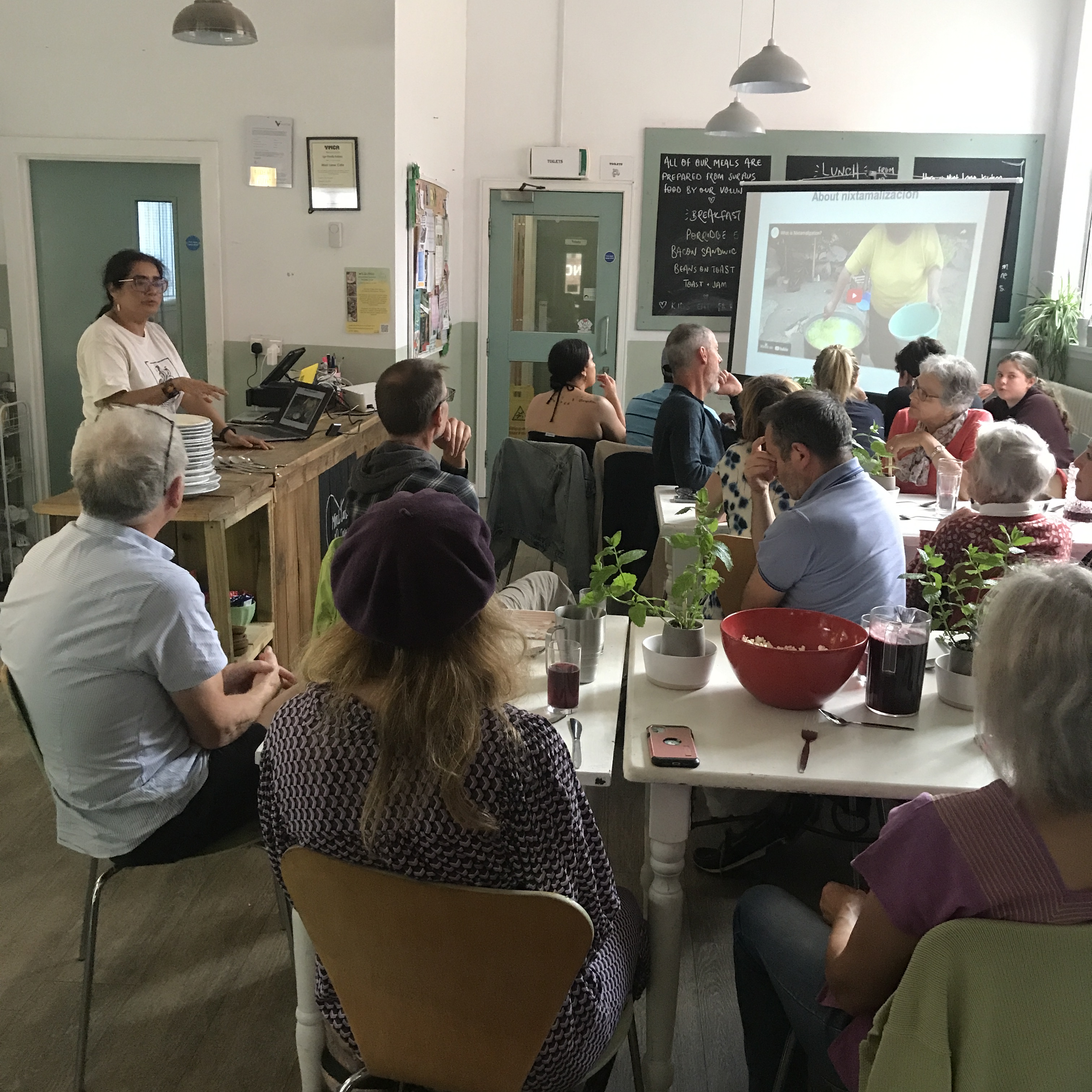
Nourishing Our Community The Good Food Movement in Lincolnshire has been a beacon of community engagement and sustainable change. With events like the World Food Supper Club at Mint Lane Cafe and Edible Community Garden Tours, we’ve brought people together to celebrate diversity, promote sustainable eating, and strengthen our local food system. A Journey Through…
-
Celebrating Apples & Orchards
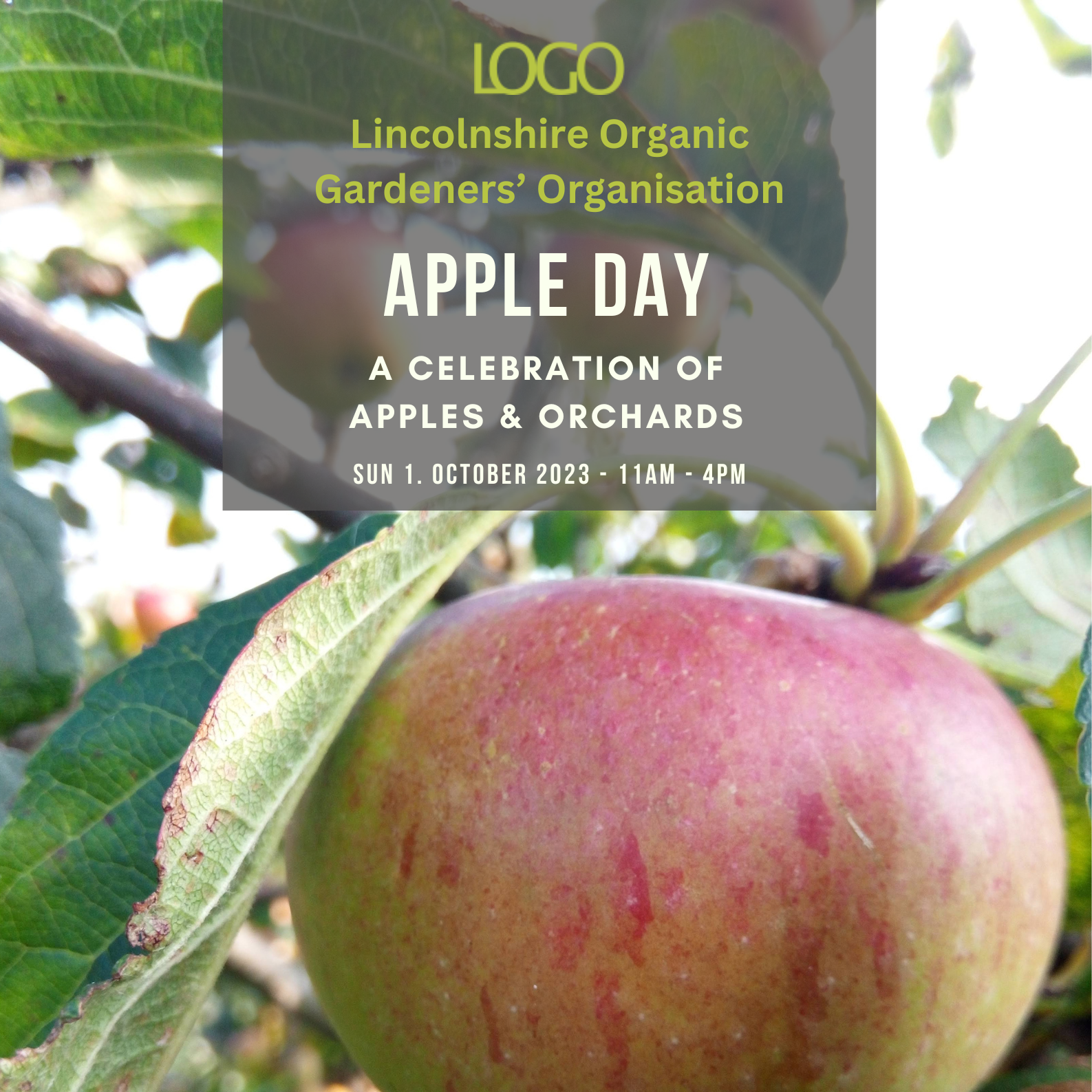
Lost Apple Varieties Do you have lost Lincolnshire variety apple tree in your garden, allotment or neighbourhood? If your tree is more than 50 years old there’s a chance you may have one of the potentially ‘lost’ Lincolnshire varieties such as Old Man, Garrett’s Golden Pippin, Stoup’s Leadington. Apple Day 2023 The zenith of the…
-
The Future of Food in the Lincolnshire Fens
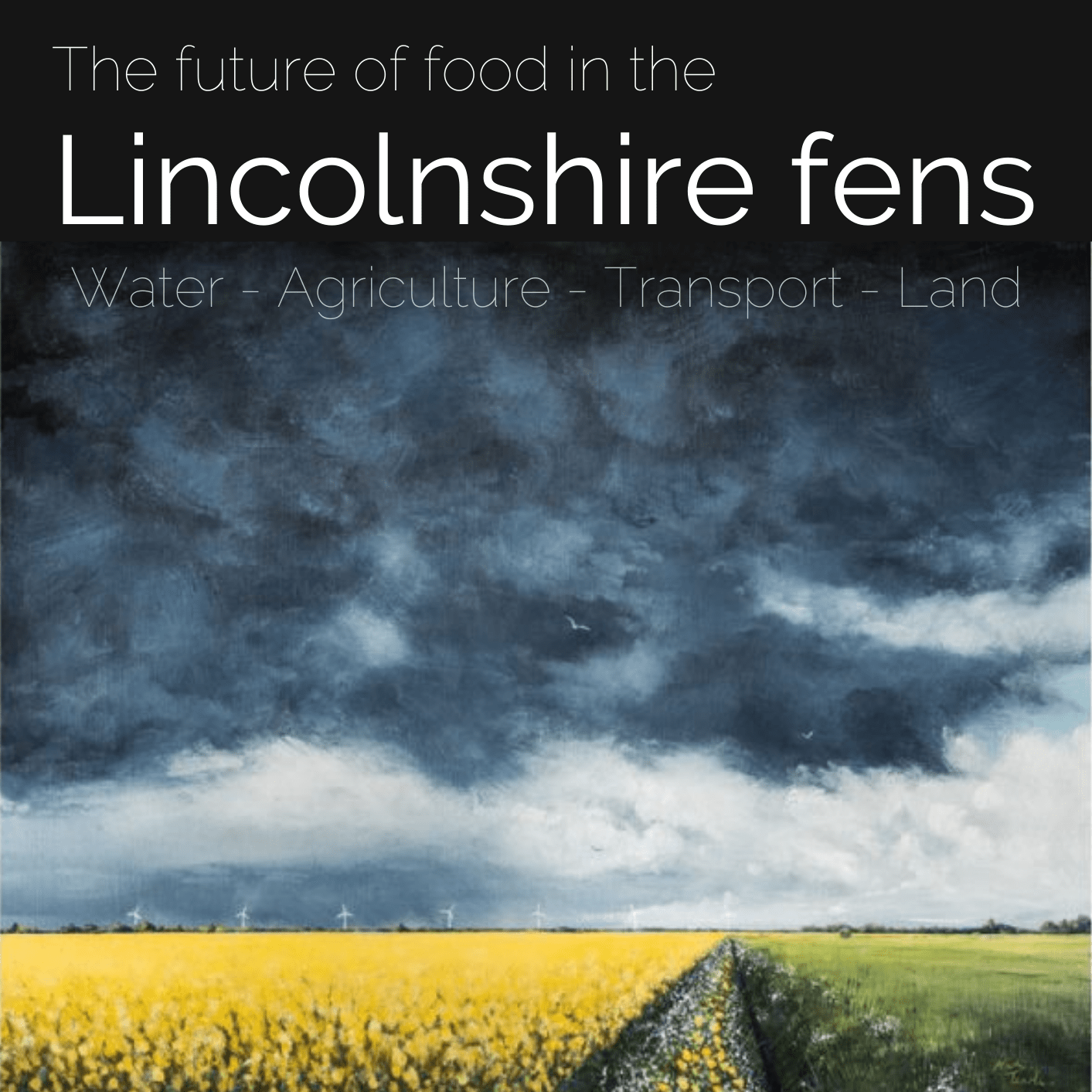
Fens workshop #2 22nd January 2024, Holbeach Workshops are by invitation, to ensure balance, to support continuity and to build on prior discussion. They will each be followed by online sessions that are open to all. If you would like to find out more, please email julienetienne.consult@gmail.com Fens workshop #1 Thursday 2nd November 2023, Holbeach…
-
Notes from the Tamar Valley

Food Partnership Coordinator, Laura Stratford, made a research trip to the Tamar Valley, an area of the country where the Open Food Network is being used to great effect, to see if Lincolnshire might take a leaf from their book… Accessing Local Food Lincolnshire produces a huge proportion of the nation’s food. But if we,…
-
Garibaldi Street Garden

Transforming a Grimsby car park Community groups are taking a grassroots approach to growing fresh food in a Grimsby neighbourhood at a time of rapidly rising food prices! Groups in the town’s East Marsh community are are set to create a new urban orchard and community garden in the Garibaldi Street Car Park in Grimsby.…
-
How to start a CSA

Lessons & updates from Ropsley Market Garden Ropsley Market Garden is Lincolnshire’s first Community Supported Agriculture project – a membership based market garden, in which the community plays a meaningful part in local food production. We are more than consumers! We blogged about Ropsley Market Garden CSA here last January, and wanted to find out…
